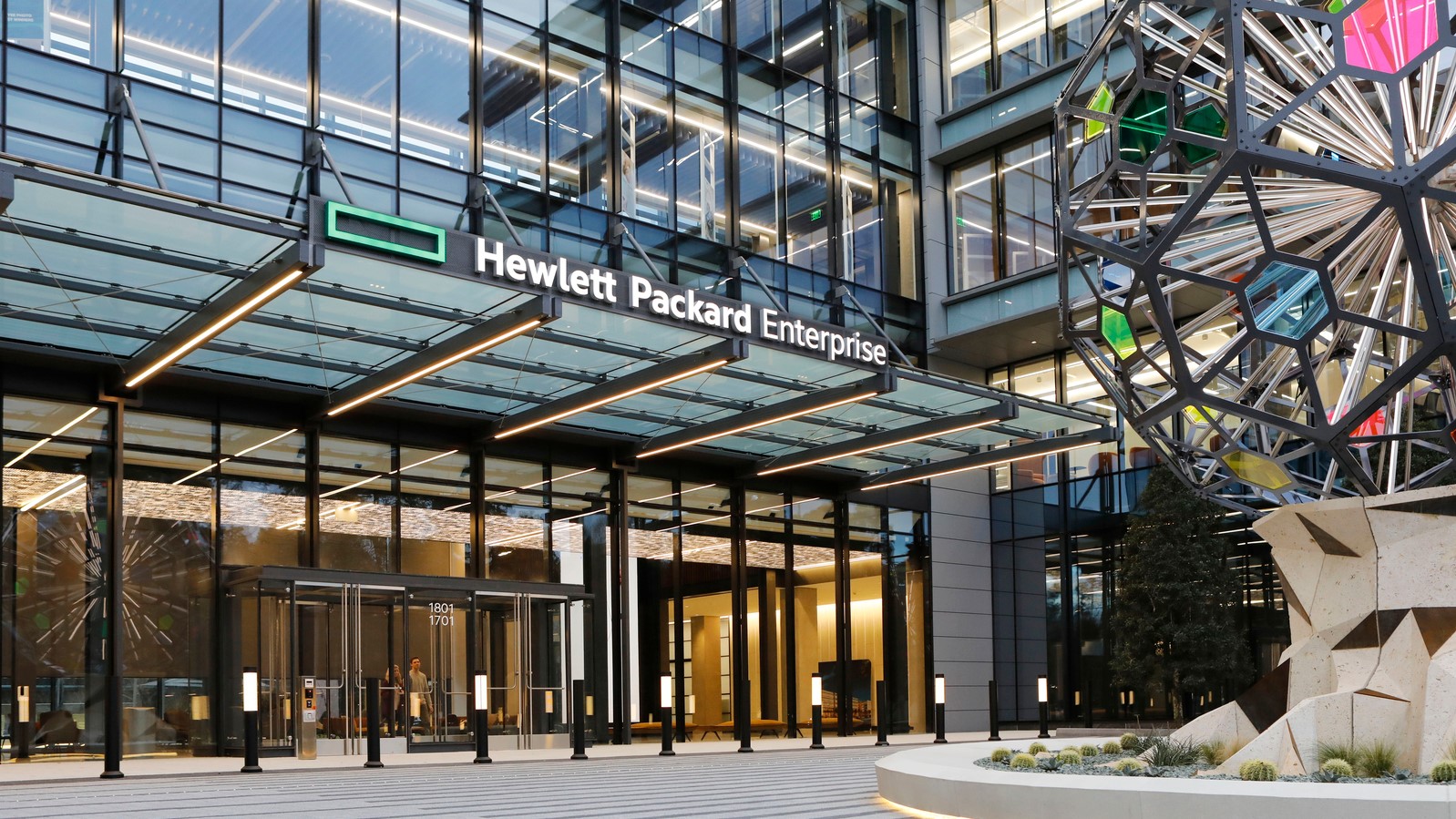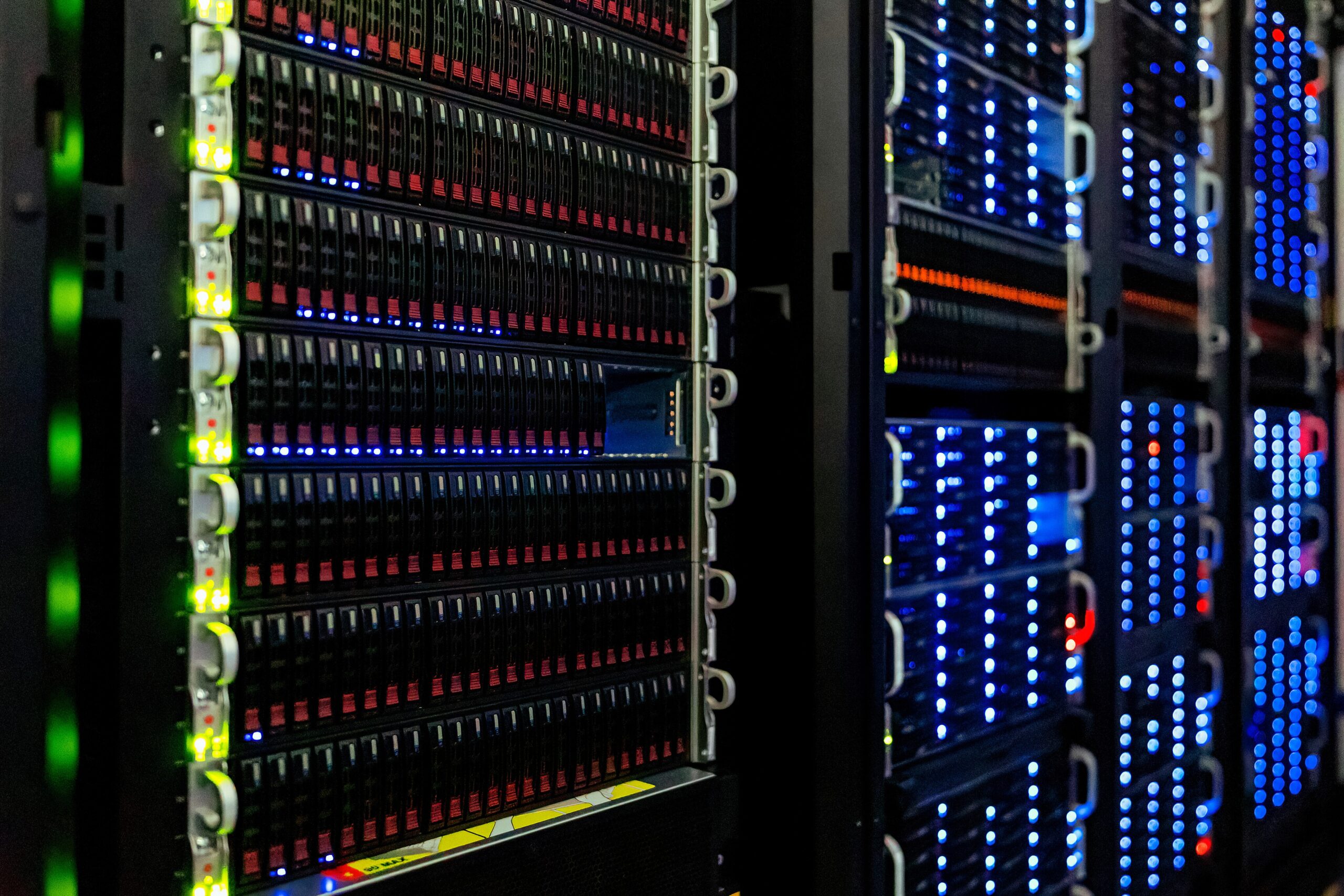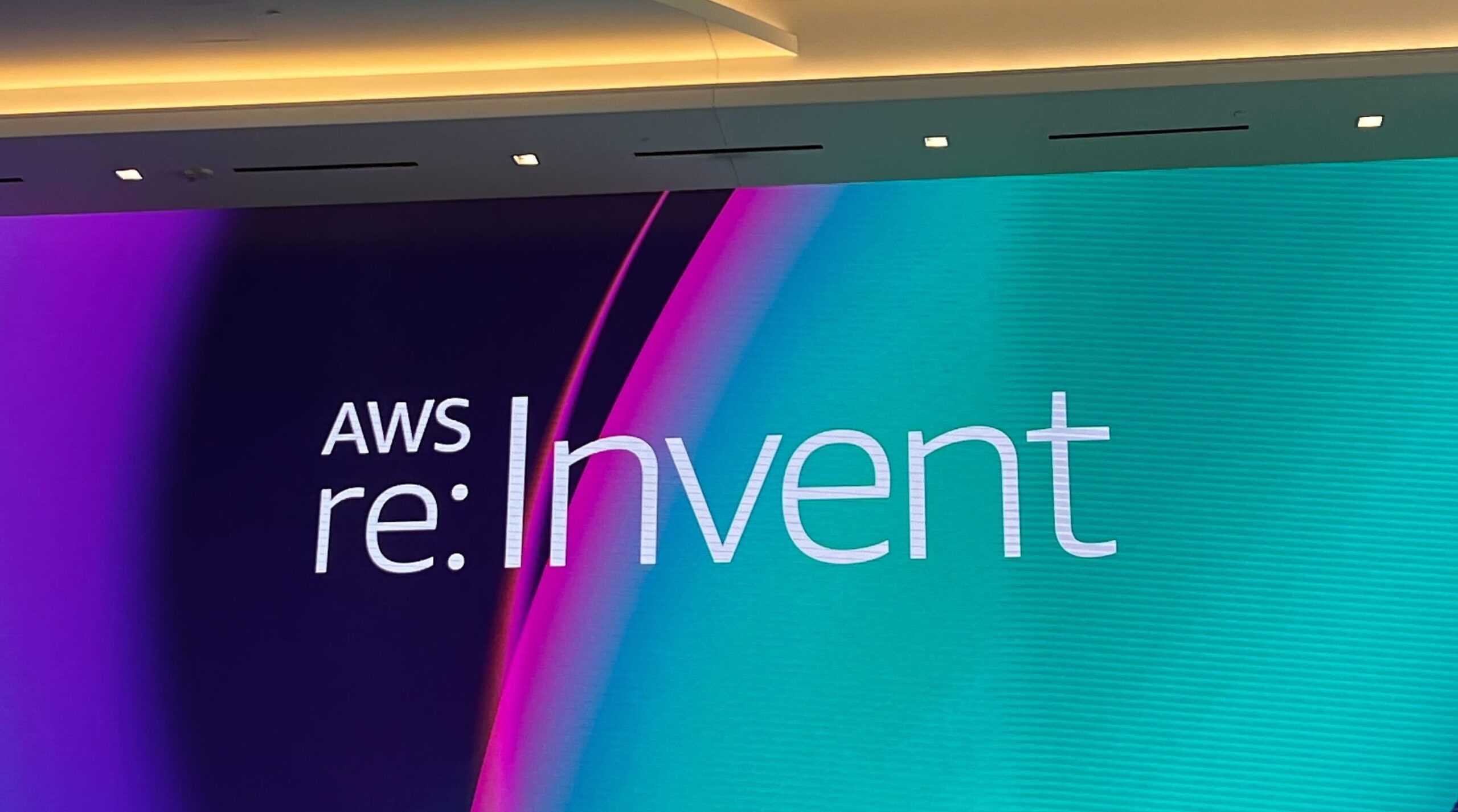Analysts express skepticism over DOJ suit to stop $14 billion HPE-Juniper Networks merger

Tech companies that were hoping that a change in administration would ease regulatory oversight of large acquisitions might have been surprised to learn last week that the Trump Justice Department is suing to block the $14 billion deal between HPE and Juniper Networks. The deal was announced almost exactly a year ago, and has been in regulatory limbo ever since.
At the time, both companies claimed it was about synergy around network and edge computing, especially as it related to AI (because everything these days is related to AI). In a blog post announcing the deal, Juniper CEO Rami Rahim wrote, “This combination with HPE is expected to enable us to deliver more comprehensive, more competitive, truly end-to-end experience-first AI-native solutions.”
The DOJ apparently isn't buying that argument. In a press release announcing the lawsuit, it stated that "the proposed transaction would eliminate fierce head-to-head competition between the companies, raise prices, reduce innovation, and diminish choice for scores of American businesses and institutions, in violation of Section 7 of the Clayton Act."
The two companies, as you can imagine, vehemently disagreed. "We believe the Department of Justice’s analysis of this acquisition is fundamentally flawed and we are disappointed in its decision to file a suit attempting to prohibit the closing of the transaction," the companies wrote in a statement.
The question is: Who’s right? Ray Wang, founder and principal analyst at Constellation Research was surprised by the department's actions, suggesting the DoJ doesn’t understand how the wireless local area networking (WLAN) market actually works. “[The DoJ’s] arguments do not take account that companies do not buy WLAN on its own. Today, these are all component products for security, AI and compute,” Wang told FastForward.
It’s worth noting that the WLAN market leader by far is Cisco with over 40% according to IDC, followed by HPE/Aruba with around 15%. Juniper is in fourth place with 5.1%. If these numbers are accurate, that means, even with the combining of HPE and Juniper, it would still have approximately half the market share of Cisco.
IDC analyst Brandon Butler, who co-authored a report on the deal, says he was also surprised by the suit, given the expectation was that it would close in late 2024 or early 2025. While he can see some merit to the DOJ's argument that the combination of Cisco and HP-Juniper would control 70% of the WLAN market, he agrees with Juniper's Rahim that the real gold is in the AI-datacenter market, and that’s not what the DOJ is going after.
“What HP’s missing that Juniper is giving it is the networking to fill in and support AI workloads running in datacenters,” Butler said. He says that this is actually a whole new area for HP. “A combined HPE and Juniper is going to be able to compete against vendors in this AI market and not just Cisco, but Arista, Nvidia and Dell,” he said. It will also make them better able to compete with Cisco across the networking hardware market, and the combined HPE and Juniper will still be half the size of Cisco if the deal goes through in terms of WLAN market share at least.
The DOJ lawsuit is even more surprising, given that the EU and the UK have already approved the deal. Both tend to scrutinize deals carefully through a competitive lens, and both still approved the deal without conditions.
While it’s unclear whether the suit will ultimately stop the deal, Butler believes that HPE is going to do everything possible to try and make it happen. “I don't see HPE backing out of this deal,” he said. “They'd have to pay termination fee of more than $800 million if the deal falls through, so I think HPE and Juniper are going to fight the DOJ, and there could be a prolonged legal battle here that could end up either way,” Butler said.
Photo courtesy of HPE.
Note: This is an expanded version of a News Byte article that appeared in the 1/31/2025
FastForward Newsletter.





